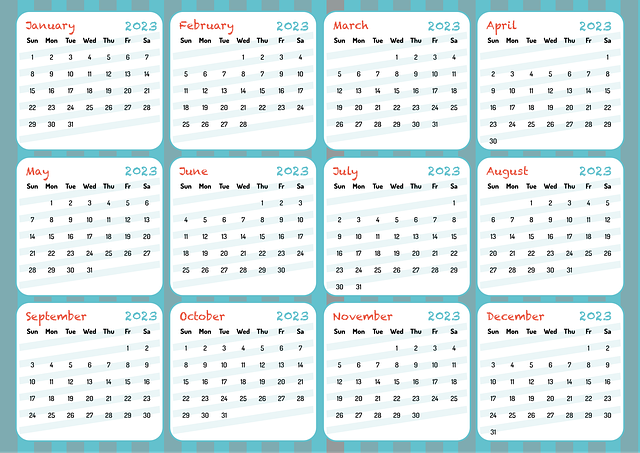Event planners play a vital role in supporting local economies by organizing gatherings tailored to embedded businesses' needs. They strategize memorable experiences based on audience expectations, fostering connections and growth. This involves deep knowledge of target audiences, industry trends, and competitive landscapes. Thoughtful programming inspires innovation and collaboration among local businesses. Effective event strategies for community engagement and brand visibility rely on understanding goals, tailoring experiences, and using partnerships. Success is measured by clear goals, quantitative data, and qualitative feedback.
Local businesses play a vital role in community growth, and strategic event planning can significantly enhance their impact. This article explores the art of organizing events tailored to meet the unique needs of local enterprises. We’ll delve into understanding the target audience, crafting engaging strategies, and measuring success through key performance indicators. By implementing these insights, business owners can create memorable gatherings that foster connections, drive growth, and contribute positively to the community. Discover how effective event planning becomes a game-changer for local businesses.
- Understanding Local Business Needs
- Crafting Event Strategies Effectively
- Measuring Success and Community Impact
Understanding Local Business Needs

Local businesses, embedded in their communities, have unique needs that event planners must understand to craft successful gatherings. These events serve as vital platforms for fostering connections, promoting growth, and driving local economies. By recognizing the specific goals of each business—be it networking, brand exposure, or customer engagement—planners can tailor activities, themes, and formats accordingly. This strategic approach ensures that events align with participants’ expectations, creating memorable experiences that resonate within the local business community.
Event planning for local businesses requires a deep understanding of their target audiences, industry trends, and competitive landscapes. Planners should aim to create inclusive environments where business owners, employees, and potential clients can interact, share insights, and explore collaborations. Through thoughtful programming, such as panel discussions, workshops, or interactive demonstrations, events can address pain points, spark innovation, and inspire local businesses to thrive in a competitive market.
Crafting Event Strategies Effectively

Crafting event strategies effectively is paramount for local businesses aiming to engage their community and elevate brand visibility. It involves a deep understanding of target audiences, setting clear objectives, and designing experiences that resonate. Successful event planning starts with identifying specific goals—be it driving foot traffic, generating leads, or fostering customer loyalty.
For local businesses, tailoring events to the needs and interests of their immediate community is key. Utilizing social media, partnerships with local influencers or organizations, and offering unique, interactive elements can attract attendees and create memorable experiences. By integrating these strategies into event planning for local businesses, owners can maximize participation, build lasting connections with customers, and ensure a successful outcome that benefits both the business and the community.
Measuring Success and Community Impact

Measuring success and community impact is a vital part of event planning for local businesses, ensuring that their efforts resonate beyond the immediate occasion. To gauge effectiveness, organizers should define clear goals beforehand, such as increasing brand awareness, fostering community engagement, or generating new leads. Post-event, collecting quantitative data – like attendance numbers, social media reach, or sales figures – provides tangible evidence of achievement.
Qualitative assessments are equally important. Feedback from attendees, sponsors, and stakeholders offers insights into the event’s overall impact on the local business scene and community at large. By analyzing both types of data, event planners can demonstrate their ability to organize meaningful gatherings that contribute to the growth and vitality of the region’s entrepreneurial ecosystem.
Strategic event planning is a powerful tool for local businesses to connect, engage, and thrive within their communities. By understanding specific business needs, crafting tailored strategies, and measuring impactful results, events can become a game-changer for fostering local economic growth and enhancing community relationships. Integrating effective event management practices into the fabric of local business culture is essential for sustained success in today’s competitive market—a testament to the power of strategic gathering.














